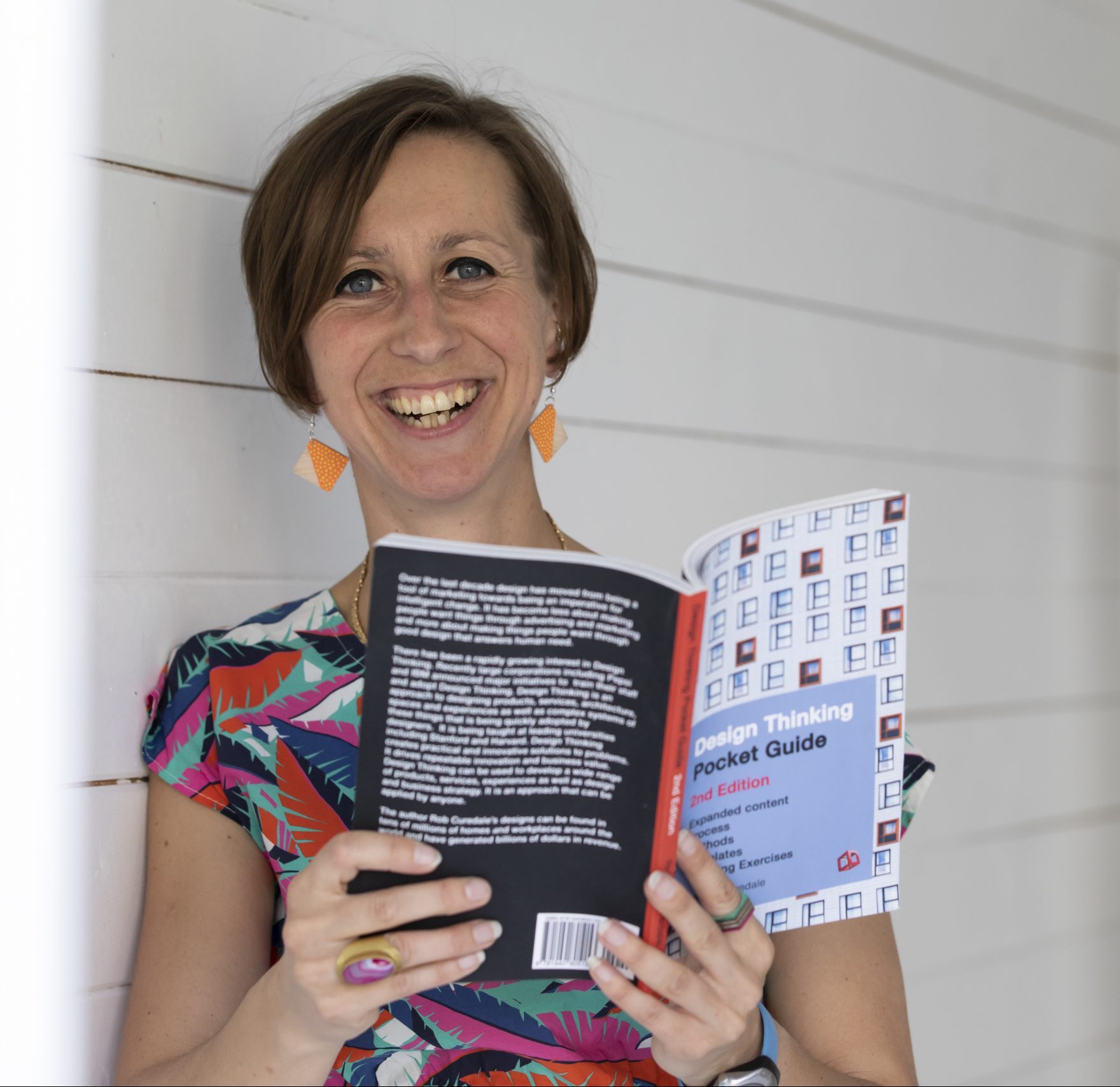
Adopt Motivating Behaviour Change in your Environmental Communications
Reach outside of the eco echo chamber with your communications

Are you struggling to reach a wider audience with your environmental communications?
Do your campaigns just raise awareness about an issue but don’t drive action or change?
Are you frustrated that people you are communicating with, don’t seem to care like you do, no matter what you tell them?


Thankfully, lots of research has been done by behavioural scientists about how to communicate environmental issues to a range of different audience types.
And these ways of approaching communications can be divided up into three simple steps in your communications journey.


‘Adopting behaviour change theory in your communications ‘ will allow you to:
- Frame messages differently to inspire new audience
- Address the fears and concerns of your audience
- Widen your repertoire of social media content
- Move beyond awareness raising and motivate action
In addition to the video training workshop, the slides and the three-step process to follow; you will also receive a quick communications checklist guide.



Pricing and Buy Now
Download the on-demand workshop now so you can begin to rethink your approach to changing behaviours.
Free places are available to campaigners from marginalised communities so get in contact!



A bit of an aha moment for anti littering campaigns. Who knew asking people not to litter would actually increase litter?! I’m now considering developing bin stickers with a hedgehog saying thank you 🙂
Jo Wilkinson, Hedgehog Friendly Campus Programme Manager
A small AHA was when you shared the story about the eyes icon, I find that very interesting that it impacts behavior just by adding this image.
I commit to using more people stories in my communications. I tend to default to data even though I know that that is not at all chainging behavior
Gesina Beckert, Sustainability Project Lead
It’s all been really interesting – especially that everyday people rather than famous people taking action are more influential.
Beth Richardson, Head of Communications at the Global Good Awards


Who am I to be facilitating this session?
The more I got involved in environmental campaigns and projects, it became clear to me that in order for change to occur, changemakers needed to know and use the tools that marketers, product designers and advertisers were using to engage and drive consumer behaviours.
So in my workshops, I deploy the processes and principles I have learned from behavioural economists and design thinkers.
I have used these to develop award-winning national campaigns with City to Sea, and deliver workshops with construction companies, councils and start-up organisations.

Want something more bespoke?
I can facilitate a workshop for your team. Book a no-obligation discovery call to discuss further!



